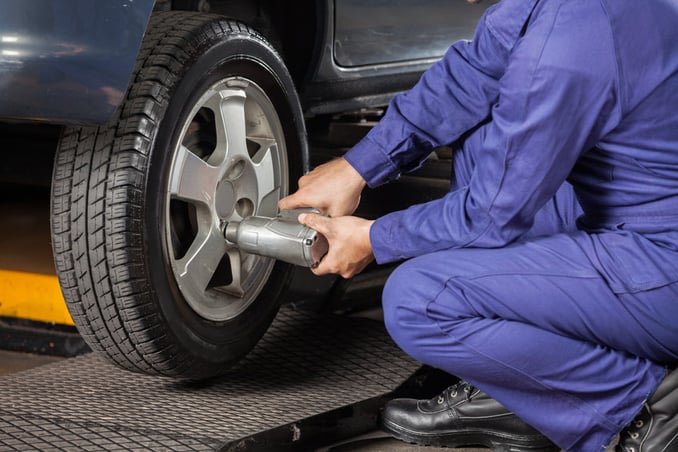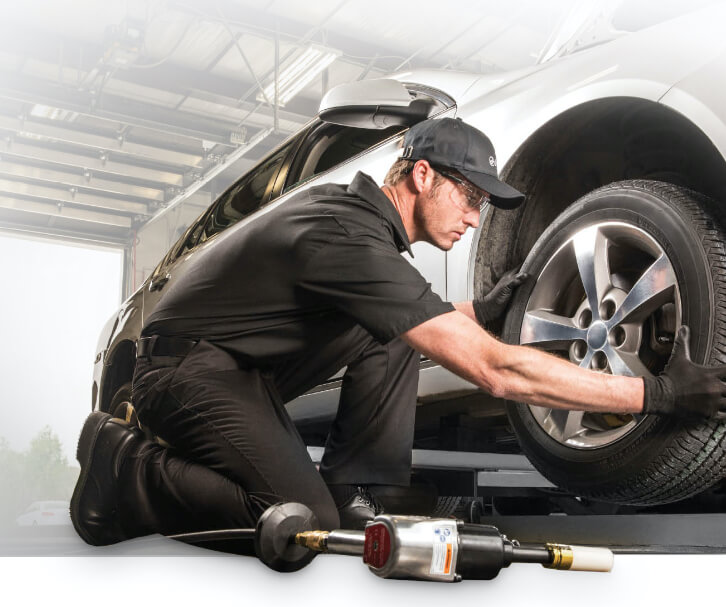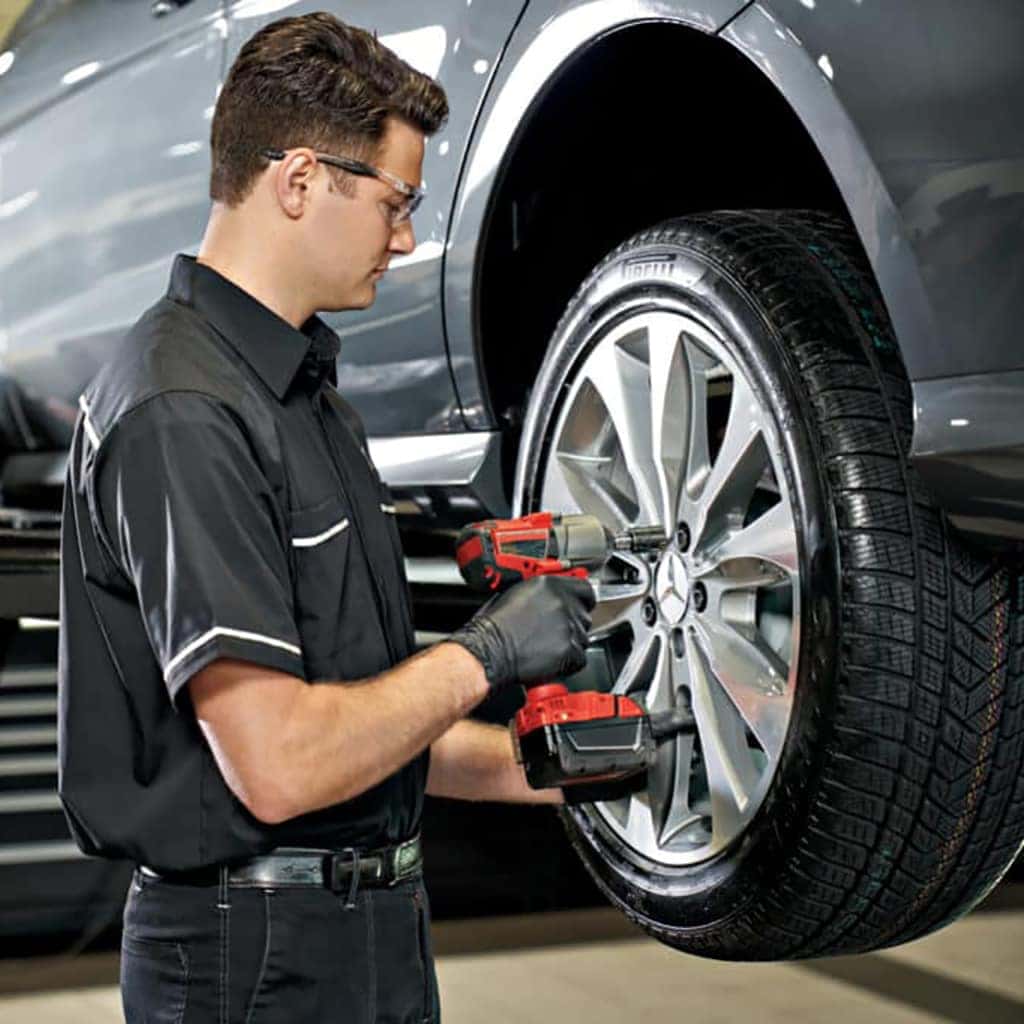Boost Your Drive: Top-Notch GMC Tires Service at Morris Tires
Wiki Article
Tire Solution: The Effect of Weather Problems
When it comes to making certain ideal performance and safety and security on the roadway, recognizing the impact of weather on tire service is vital. From scorching warmth to icy roads, each climate component can dramatically influence tire performance and general driving experience. By delving into the effects of varying weather condition problems on tires, motorists can obtain important insights that might boost their lorry's performance and long life. In this discussion, we will check out the complex relationship between weather and tire solution, clarifying the significance of weather-specific tire maintenance practices and factors to consider.Heat and Tire Performance
When subjected to heats, tires experience modifications in performance that can substantially influence car safety and security and handling. The heat created from long term driving or warm weather condition conditions causes the tire rubber to soften, resulting in lowered step life and increased wear. As the rubber comes to be softer, the tire's grip when driving decreases, influencing braking distances and overall grip. In severe situations, excessive warm can also cause tire blowouts, posing a severe security threat to the vehicle and its passengers.
Cold Weather Effects
Cold climate conditions can have a significant influence on tire efficiency and safety. In chilly weather condition, tires may also shed air pressure a lot more quickly, which can affect handling and gas efficiency.To alleviate the impacts of winter on tires, it is vital to on a regular basis inspect tire pressure and inflate them to the supplier's suggested degrees. Utilizing winter or all-season tires created for winter conditions can likewise improve grip and grip on icy or snowy roadways. Correct tire maintenance, including routine inspections for wear and damage, comes to be much more vital throughout colder months to guarantee ideal efficiency and safety and security.
Rainy Issues Influence
Tires with worn-out treads are extra vulnerable to hydroplaning, where a layer of water builds up between the roadway and the tire surface, leading to loss of traction. To battle this, motorists ought to routinely evaluate their tires for sufficient walk depth and think about spending in tires particularly made for wet problems.Furthermore, rainy weather can also reduce exposure, making it challenging for chauffeurs to see the roadway ahead plainly (GMC Tire Service). In such problems, it is vital to readjust driving rates as necessary and keep a secure adhering to distance to enable unexpected quits. Effectively inflated tires can likewise help in keeping control on wet roads by providing far better handling and grasp
Snow and Tire Security
When driving in snowy conditions, having the ideal tires can make a substantial difference in security and efficiency. Winter months tires are created with unique rubber compounds and step patterns to provide much better traction on snow and ice compared to all-season tires.
In addition, vehicle drivers should think about setting up tire chains in extreme snowy conditions. Tire chains give extra grip by gripping the snow and ice, enhancing security and control. It is essential to adhere to maker directions when mounting and using tire chains to avoid damage to the tires and car (GMC Tire Service). By choosing the ideal tires, preserving proper rising cost of living, and thinking about additional grip aids like tire chains, chauffeurs can boost their security when browsing snow-covered roadways.
Weather-Related Tire Upkeep
When encountered with various climate problems, appropriate tire maintenance ends up being a critical element of vehicle safety and security and efficiency. Weather-related tire upkeep incorporates a variety of techniques aimed at making sure optimal tire function and long life in various weather scenarios. One crucial element of weather-related tire maintenance is morris tires tire stress guideline. Changing temperature levels can trigger tire stress to differ, impacting grip and gas performance. Regularly examining and changing tire stress according to producer referrals is important for risk-free driving in altering weather. Additionally, tire step depth plays a significant duty in dealing with different weather components. Tires with adequate walk depth give much better hold on wet or icy roadways, lowering the threat of hydroplaning or skidding. When tread wear gets to a certain deepness is important for preserving traction and stability in unfavorable climate, inspecting tire tread regularly and replacing tires. By prioritizing weather-related tire upkeep, vehicle drivers can improve safety and security, enhance automobile efficiency, and lengthen the life expectancy of their tires.
Verdict
In verdict, climate problems have a significant influence on tire efficiency and safety and security. From warm influencing tire pressure and wear to chilly weather condition reducing grip, it is important to take into consideration the weather when keeping and utilizing tires.In this discussion, we will explore the intricate relationship between climate conditions and tire service, dropping light on the importance of weather-specific tire maintenance practices and considerations.

Report this wiki page